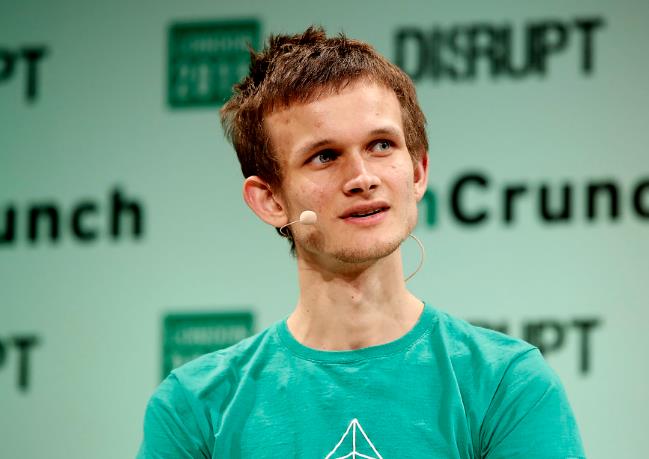In a address at the Conference, Ethereum ETH 2.60%’s co-founder, Vitalik Buterin, articulated a bold vision for the future of the Ethereum platform and the broader decentralized web. His remarks underscored the potential of blockchain-based solutions to offer a more decentralized, private, and secure alternative to the current Web2 paradigm.
Buterin emphasized the significance of creating a truly independent and open technology stack, one that can rival tech giants like Google and Twitter. Unlike these centralized behemoths, Ethereum’s envisioned ecosystem would not be tightly integrated with closed, centralized systems. Instead, it would be built upon a foundation of open-source and decentralized modules.
Highlighting the potential of such an approach, Buterin cited the use of building blocks like ENS (Ethereum Name Service) and POAP (Proof of Attendance Protocol). He also mentioned the potential of leveraging zero-knowledge technologies, such as the Gitcoin Passport, to enhance the platform’s capabilities further.
Buterin’s vision is not just about creating a new technology stack but also about ensuring its adoption by the masses. He outlined a gradual process for onboarding new Web3 users. Initially, these users would create an Ethereum address controlled by familiar services like Gmail. However, through account abstraction, users would gain full ownership of their addresses as they become more comfortable with cryptographic methods.
In Buterin’s words, “The grand dream here is to truly create an independent open technology stack that can compete with companies like Google and Twitter, but without the need to be tightly integrated with closed centralized systems.”
He further elaborated on the transition process, stating, “Essentially, give people the opportunity to step down from the decentralized ladder and then, in the end, truly and correctly enter this fully independent stack where all the different parts can actually work together.”
Such a vision, if realized, could revolutionize the way we interact with the digital world. Instead of relying on centralized entities that control our data and dictate the terms of our online interactions, users would have the power to control their digital identities and data.
While Buterin’s vision is ambitious, it is grounded in the rapid advancements in blockchain technology and the growing disillusionment with centralized platforms. With increasing concerns about privacy, data breaches, and the monopolistic behavior of tech giants, the call for a decentralized web is louder than ever.






